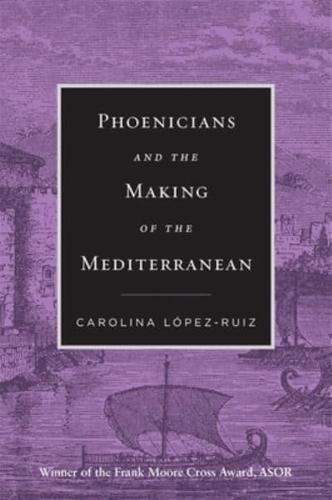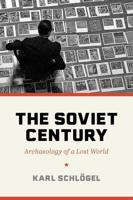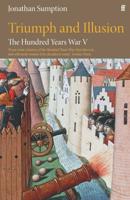Publisher's Synopsis
"An important new book…offers a powerful call for historians of the ancient Mediterranean to consider their implicit biases in writing ancient history and it provides an example of how more inclusive histories may be written."
-Denise Demetriou, New England Classical Journal
"With a light touch and a masterful command of the literature, López-Ruiz replaces old ideas with a subtle and more accurate account of the extensive cross-cultural exchange patterns and economy driven by the Phoenician trade networks that 're-wired' the Mediterranean world. A must read."
-J. G. Manning, author of The Open Sea
"[A] substantial and important contribution…to the ancient history of the Mediterranean. López-Ruiz's work does justice to the Phoenicians' role in shaping Mediterranean culture by providing rational and factual argumentation and by setting the record straight."
-Hélène Sader, Bryn Mawr Classical Review
Imagine you are a traveler sailing to the major cities around the Mediterranean in 750 BC. You would notice a remarkable similarity in the dress, alphabet, consumer goods, and gods from Gibraltar to Tyre. This was not the Greek world-it was the Phoenician. Propelled by technological advancements of a kind unseen since the Neolithic revolution, Phoenicians knit together diverse Mediterranean societies, fostering a literate and sophisticated urban elite sharing common cultural, economic, and aesthetic modes.
Following the trail of the Phoenicians from the Levant to the Atlantic coast of Iberia, Carolina López-Ruiz offers the first comprehensive study of the cultural exchange that transformed the Mediterranean in the eighth and seventh centuries BC. Greeks, Etruscans, Sardinians, Iberians, and others adopted a Levantine-inflected way of life, as they aspired to emulate Near Eastern civilizations. López-Ruiz explores these many inheritances, from sphinxes and hieratic statues to ivories, metalwork, volute capitals, inscriptions, and Ashtart iconography.
Meticulously documented and boldly argued, Phoenicians and the Making of the Mediterranean revises the Hellenocentric model of the ancient world and restores from obscurity the true role of Near Eastern societies in the history of early civilizations.










